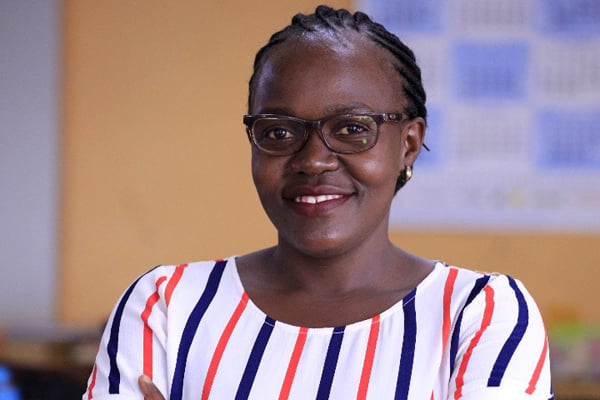Female lawyers want Qadhi courts in Uganda

What you need to know:
- Currently, the Muslim population in the country adjudicates conflicts through an informal justice system that is largely unregulated, lacks a force of law and whose treatment of marginalized categories of persons such as women is undocumented.
- Through their lawyers, the Muslem women contend that by omitting to enact a law that operationalizes the establishment and operation of Qadhi courts, the state continues to contravene the express constitutional provision under Article 129(1) and the obligation of Parliament to make laws.
A section of female Muslim lawyers have asked the Constitutional Court in Uganda to direct the government to enact and pass a law that operationalises Qadhi Courts in the country to promote access to justice as a basic human right.
Currently, the Muslim population in the country adjudicates conflicts through an informal justice system that is largely unregulated, lacks a force of law and whose treatment of marginalized categories of persons such as women is undocumented.
In the petition filed Tuesday at the Constitutional Court, Ms Asha Mastullah Mwanga and the Islamic Women’s Initiative for justice law and peace said they are aggrieved by the omission of the state to enact and pass a law that operationalises Qadhi in as far as it is inconsistent with and in contravention of the express provisions of the Constitution of Uganda.
They allege that the failure by the state to enact and pass a law that operationalises Qadhi courts under Article 129 (1) and Article 79 is inconsistent with and in contravention of Article 33.
According to the petition, Article 129 (1) (d) of the Constitution of Uganda provides that the judicial power of Uganda shall be exercised by the Courts of Judicature which shall consist of such subordinate courts as Parliament may by law establish, including Qadhi Courts for marriage, divorce, inheritance of property and guardianship as be prescribed by Parliament.
The Muslim women contend that since pronouncement of the Constitution in 1995, the country does not have a law operationalizing the establishment and operations of the Qadhi courts.
They allege that there are marriage and reproductive health issues of Muslim women that could be better handled in Qhadis’ courts as opposed to the courts of judicature.
“That, to date, we do not have a law operationalizing the establishment and operations of the Qadhis’ courts despite efforts by the Ministry of Justice and Constitutional affairs, the Uganda Law Reform Commission and the Uganda Muslim Supreme Council way back in 2009 and 2010, a period of 15 years down the road,” reads the complaint.
Through their lawyers, the Muslem women contend that by omitting to enact a law that operationalizes the establishment and operation of Qadhi courts, the state continues to contravene the express constitutional provision under Article 129(1) and the obligation of Parliament to make laws.
“…there is no justification whatsoever for none compliance and or the omission of the state to operationalize Qadhi courts under Articles 129 (1) and Article 79(1) of the Constitution,” reads the court documents.
The petitioners are now seeking for a declaration that the omission of the state to enact and pass a law that operationalizes Qadhi courts under Articles 129 and 79 of the Constitution is inconsistent with and in contravention of Articles 20, 21 and 33 of the constitution.
They are also seeking for an order of court directing the state through the executive and Parliament to enact and pass a law that operationalizes the Qadhi courts within one year and that the Attorney General to report to Court on the steps taken every after 6 months after the judgment.
In a sworn statement, Ms Sofia Ndase Nakinaalwa states that the non-existence of formal Qadhis’ courts hindered her and many other Muslim women with similar family problems from accessing justice.
She contends that her husband declined to appear at the Uganda Muslim Supreme council to respond to accusations of failure to provide to the family because he is aware that there are no enforcement measures that could hold him liable for his actions.
“That I have never received any remedy and justice from the Supreme Council Qadhi Court. My children are in desperate need of maintenance and care but the said husband continues to deliberately ignore the summons from the Qadhi courts because they lack a force of law to compel him to attend court,” she states.
Meanwhile, the Attorney General who is the defendant in the case is yet to respond to the case.
[email protected]





